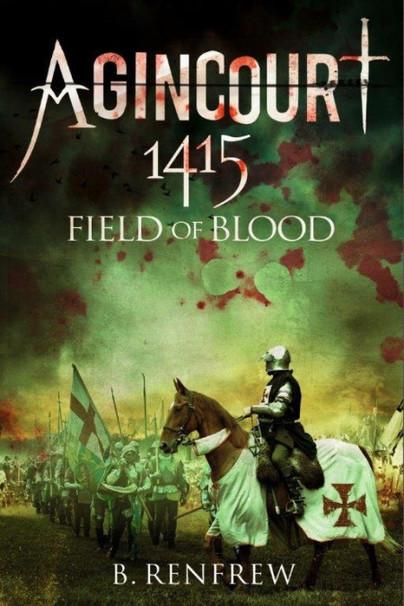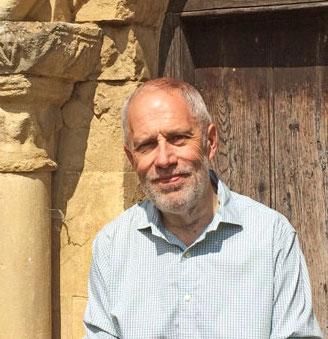


About the Author

A foreign correspondent, Barry Renfrew has covered wars in Afghanistan, Africa and the former Soviet Union during 30 years of reporting on political upheaval across the globe. On two occasions he was caught in bombing raids. His reporting won a number of major journalism awards, including The Associated Press Top Reporting Award; he was twice a finalist for The Pulitzer Prize for international reporting. In addition to extensive experience as a war and defence correspondent, Renfrew has a life-long interest in British colonial military history. Previous publications include: Forgotten Regiments and Wings of Empire.
About the Book

On 25 October 1415, a trapped and vastly-outnumbered force of exhausted and demoralised English archers and men-at-arms faced a colossal army of French knights on a desolate field in northern France. What took place that day became one of the greatest moments of the Hundred Years’ War and English history.
Based on chronicles of the times, Agincourt 1415: Field of Blood is a dramatic, minute-by-minute retelling of the battle as seen through the eyes of the commanders and soldiers on both sides.
This is a brutal, bloody and captivating retelling of a major British victory written by a Pulitzer Price finalist This work sets a new standard for historical fiction.
Free Extract

Q & A






Where to Buy
